EU members split over visa ban on Russians
The European Union’s members are weighing tightening visa restrictions for Russians over Moscow's military operation in Ukraine, but remain split over a complete travel ban.
Germany and France have warned it would be counter-productive to ban ordinary Russians, saying in their joint memo, “We caution against far-reaching restrictions on our visa policy."
Latvia has also opposed banning ordinary Russian people from visiting the bloc’s members. Others, like Hungary have, however, backed suspension of issuance of the tourist visas.
In their upcoming meeting in Prague, the EU’s foreign ministers are likely to suspend their visa facilitation agreements with Moscow, Reuters reported on Tuesday, citing diplomats.
A tougher approach would force Russians to wait longer and pay more for visas.
“Eastern and Nordic countries strongly back a tourist visa ban and some said they could go for a regional one if there was no agreement at EU level,” the agency reported.
Speaking ahead of the meeting, Finnish Foreign Minister Pekka Haavisto argued that Russians were using the Helsinki Vantaa airport to reach their desired destinations.
More and more Russian nationals have been using the facility after a number of EU members began banning Russian aircraft from landing at their airports.
On Sunday, European Union's foreign policy chief said he opposed banning visas for all Russian nationals and that the EU foreign ministers were also unlikely to unanimously back the move.
“I don’t think that to cut the relationship with the Russian civilian population will help and I don’t think that this idea will have the required unanimity,” Borrell, who is to chair the ministers’ meetings, told Austria’s ORF TV.
The Kremlin, meanwhile, called a tourist visa ban "irrational."
Describing the calls for the ban as an example of the West's "anti-Russian agenda," Kremlin spokesman Dmitry Peskov said, "Step by step, unfortunately, both Brussels and individual European capitals are demonstrating an absolute lack of reason."
Moscow has refused to scale down the operation in Ukraine, despite an overwhelming wave of Western sanctions, saying it would keep up its military presence and activities in Ukraine until all of the operation’s goals are met.
In line with what Russian President Vladimir Putin has specified, the operation is aimed at “demilitarization” of the Donetsk and Lugansk republics in eastern Ukraine, which are collectively known as the Donbas region.
The two republics broke away from Ukraine in 2014 after refusing to recognize a Western-backed Ukrainian government that had overthrown a democratically-elected Russia-friendly administration.
Announcing the operation, Putin said the mission was aimed at “defending people who for eight years are suffering persecution and genocide by the Kiev regime.”
D-8’s role in Iran’s economy after Cairo summit
China slams US as ‘war-addicted’ threat to global security
China ‘firmly opposes’ US military aid to Taiwan
VIDEO | Press TV's News Headlines
President Yoon Suk Yeol to be removed from office
At least 19 Gazans killed by Israeli airstrikes since dawn: Medics
Leader: Iran neither has nor needs proxy forces
US fighter aircraft shot down ‘in friendly fire’ amid aggression on Yemen


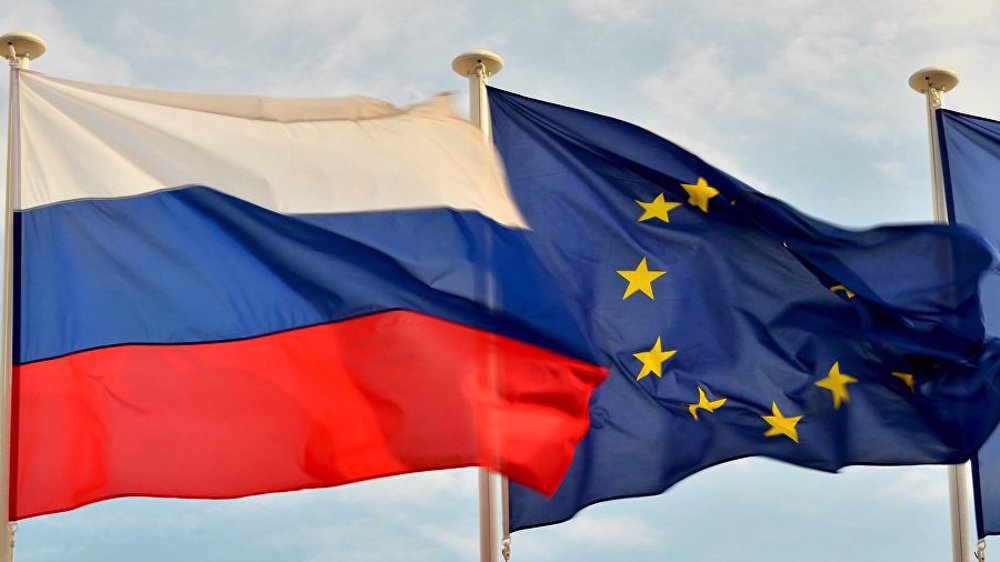
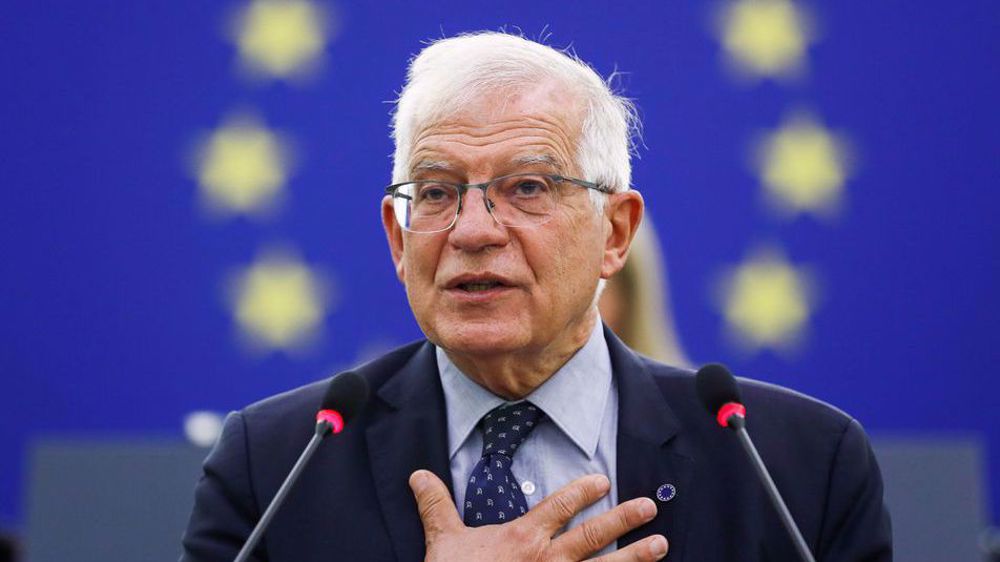


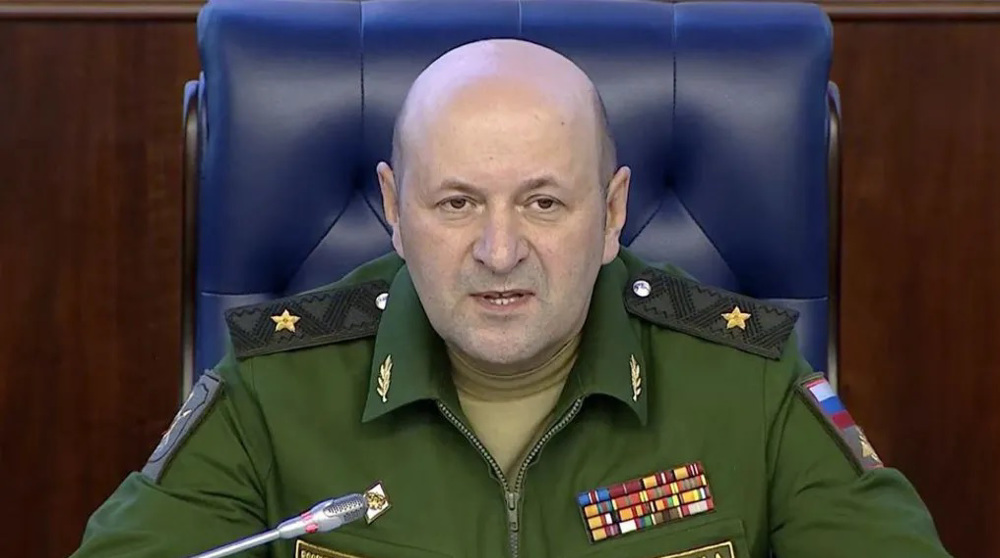



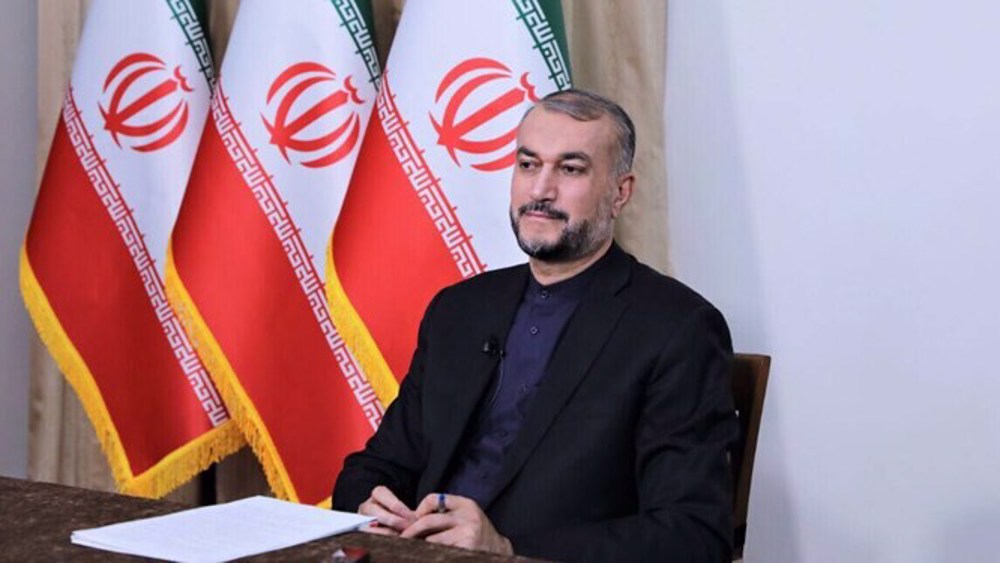
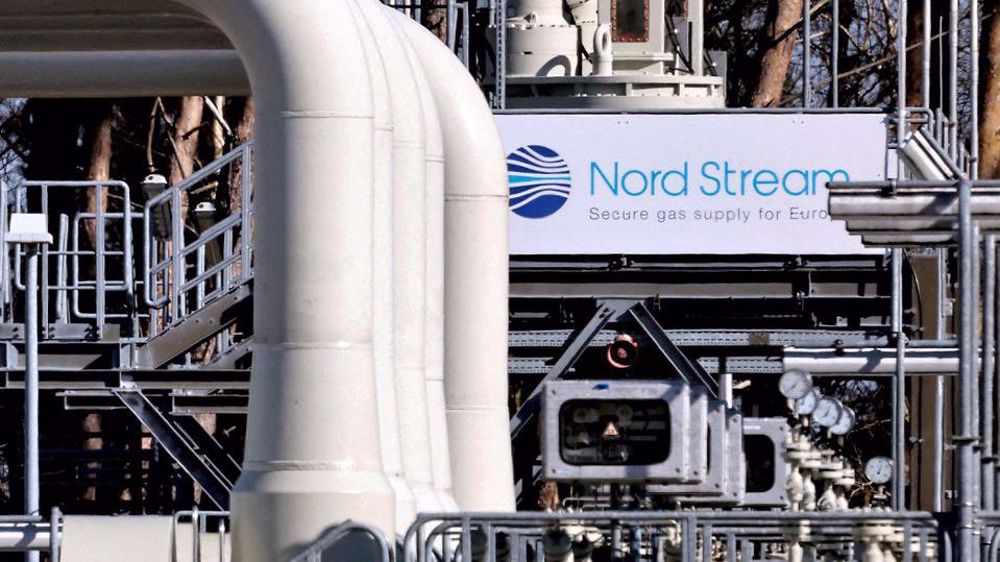
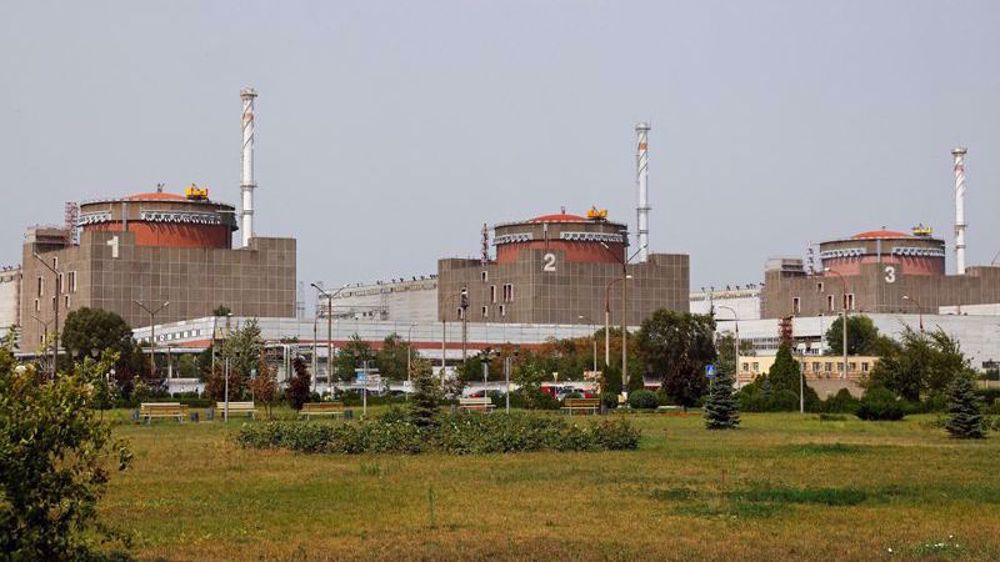

 This makes it easy to access the Press TV website
This makes it easy to access the Press TV website